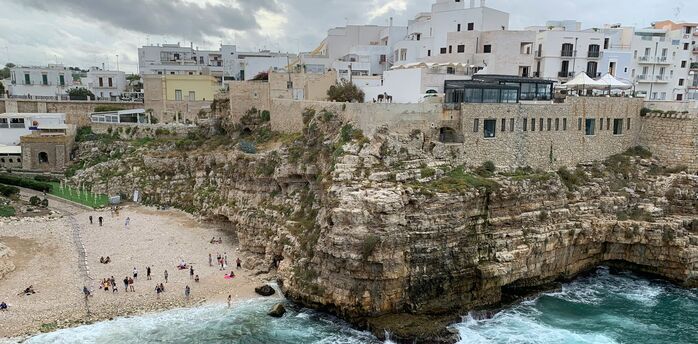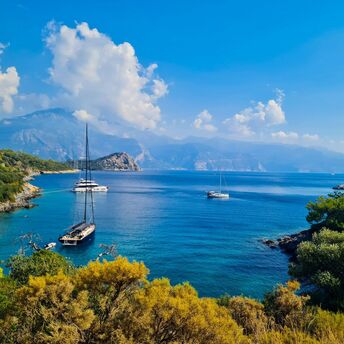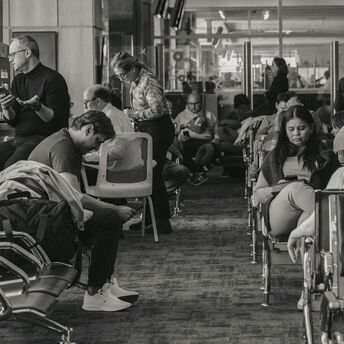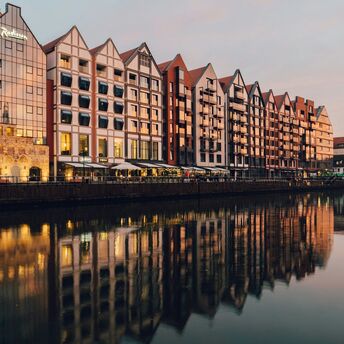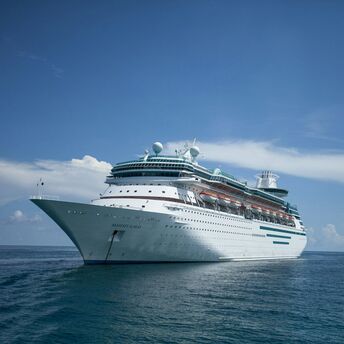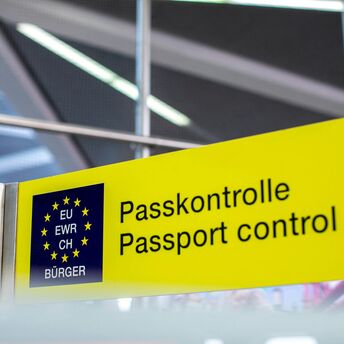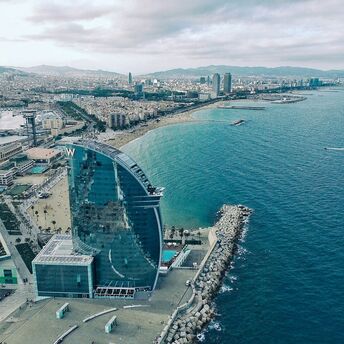New Travel Rules May Reduce Tourism to the Channel Islands: What Lies Ahead for Visitors?
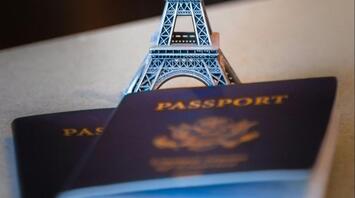
The introduction of the Electronic Travel Authorisation (ETA) system, planned for next year, may significantly reduce the number of French tourists visiting the Channel Islands for a day trip. The new rules will require a passport, whereas previously tourists could travel using only an ID card. This could negatively impact tourism, as many travelers do not carry passports for domestic trips, leading to a decrease in the number of day visits.
Tourism representatives have expressed concern that the new system will lower the flow of tourists and have called on the governments of France and the Channel Islands to find a solution. They also noted that this may encourage closer cooperation between both sides, as changes to the border system will require a review of travel plans.
Despite the possible effects of the recent travel rules, the charm of the island region stays intact. These islands, particularly certain popular locations like Jersey and Guernsey, continue to be a haven for outdoor enthusiasts this year. Famous for their breathtaking shorelines and ancient sites, the area provides numerous open-air experiences, including strolling along steep shores, visiting historic fortresses, or trekking scenic coastal routes.
Steeped in heritage and tradition, the islands present a mix of influences from two European nations, particularly visible in the buildings and celebrations of one specific location in Guernsey. Visitors can dive into history by visiting landmarks such as underground passages and ancient fortresses, important during a major 20th-century conflict. A famous writer’s former residence in the main town is a must-see for book enthusiasts, further enhancing the cultural appeal of the region.
While the new ETA system might pose difficulties for short-term visitors from France, the islands still provide a plentiful and varied travel adventure for those who come. The distinctive combination of scenic landscapes, historical importance, and cultural legacy guarantees that the area remains an attractive spot. There is optimism that through diplomatic negotiations, an equilibrium can be found between upholding safety and safeguarding the tourist influx that supports the region’s thriving economy.


